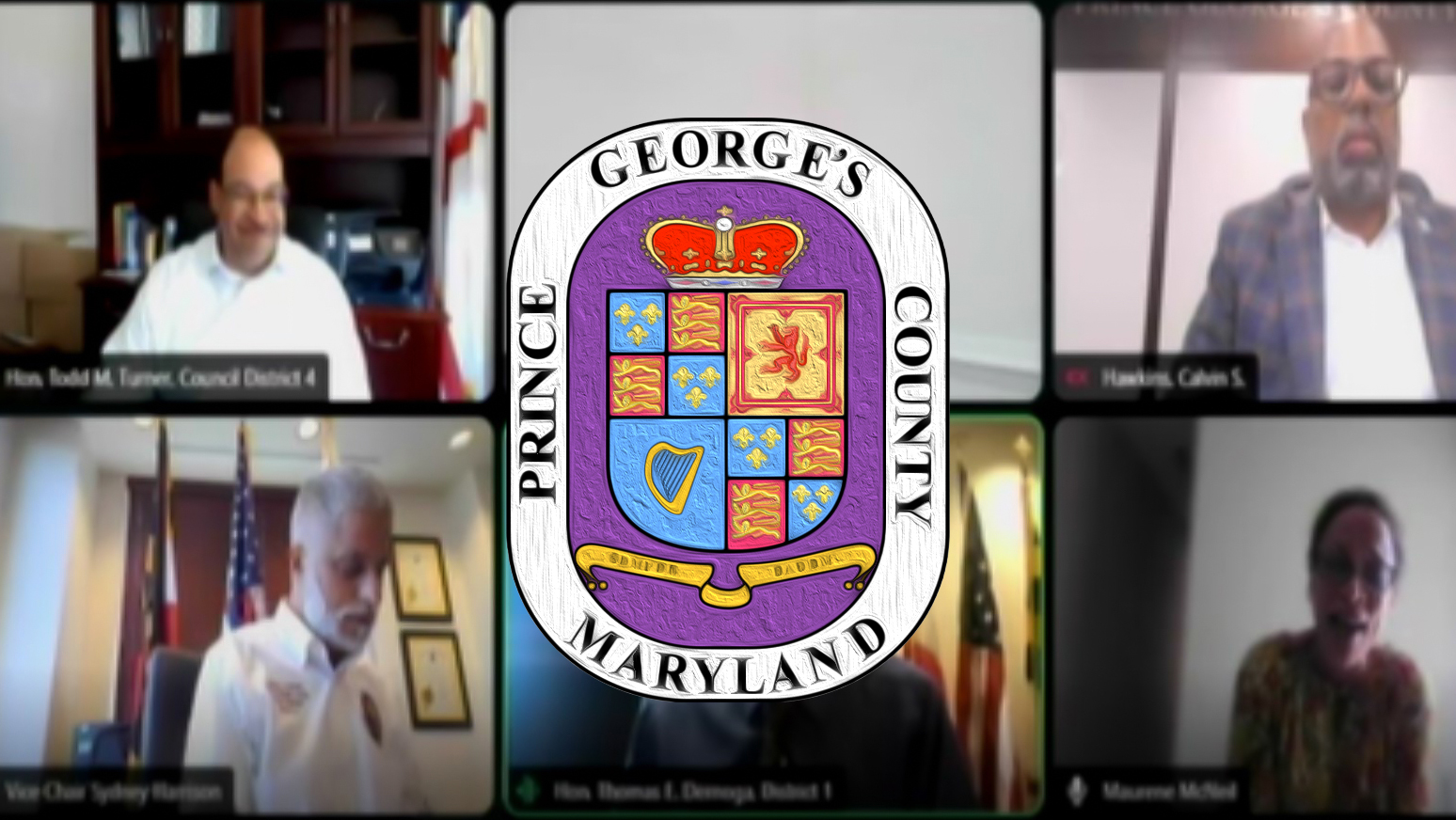Last week, the Prince George’s County Council introduced several controversial zoning ordinances and postponed decisions on others.
On the heels of fiery public testimony, the council introduced CB-92 — a zoning ordinance that limits the council’s authority to appeal a development plan in its later stages — in a meeting Sept. 20 after it narrowly passed out of the planning, housing and economic development committee by a vote of 3-2 Sept. 15.
The ordinance drew criticism from Prince George’s County residents who said it aimed to silence the voices of county residents, including Alexa Bely, who has lived in Prince George’s County for two decades.
“Why in the world would we try to reduce oversight and discussion on matters of such consequence?” she asked in a Sept. 15 planning, housing and economic development meeting. “This looks like another attempt to reduce or silence the community in land use decisions. This is another attempt to embolden developers and ease the path to unchecked developments.”
In response to the opposition to the bill, at-large council member and planning, housing and economic development committee chair Mel Franklin allowed an amendment to the original ordinance that would only enforce it for new development applications to aid with the transition.
Karen Zavakos, the legislative officer for the county council, agreed with Franklin and said the amendment will ensure the ordinance will apply to any new development plans, even if it’s from the older zoning ordinance.
“It would be an amendment to the transitional provisions. It will be a new subsection added that says that this [new ordinance] applies to any application processed by the transitional provisions of the code,” she said.
District 9 council member Sydney Harrison and District 7 council member Rodney Streeter joined Franklin and county council chair Calvin Hawkins in supporting the ordinance.
[Prince George’s County Council housing committee passes controversial zoning bill]
While the council debated the development plan ordinance Sept. 20, other zoning bills from the planning, housing and economic development committee were stalled and held from the at-large council indefinitely.
One ordinance that would incentivize businesses to apply green building practices was postponed because of a lack of research into the bill’s effectiveness.
The ordinance would provide a 50 percent discount on building permit fees for construction and renovation initiatives that achieve a Leadership in Energy and Environmental Design platinum certificate or are considered “zero-energy buildings.” It also reduces fees for some solar panel installations from $110 to $55 — a 50 percent cost reduction.
The council has introduced other business incentives to combat climate change in the past that have not seen a high level of success, leading to the postponement of this ordinance.
“We have some larger incentives in place that aren’t working,” Franklin said. “It’s very likely that this bill won’t work either. We want to take a step back and study why these green bills and high-performance incentives are not working.”
Despite some concerns, the bill received praise for how it could improve the county’s climate and economy.
“Enactment of [this measure] could have a positive, indirect impact by increasing the health and quality of life for residents through reduced energy use and emissions,” council legislative budget and policy analyst Alex Hirtle said in a statement to the council.
[Prince George’s County Democrats focus on abortion access, combating crime ahead of midterms]
Public hearings for the proposed Bowie-Mitchellville and vicinity sectional map amendment have also been postponed to a later date.
It’s another controversial rezoning plan that would repurpose Bowie’s Freeway Airport into a residential area. Bowie residents protested the zoning decision last month. They believe a new residential township would add another burden to an already traffic-congested area near Route 450.
Joe Meinert, the city of Bowie’s planning director, detailed why residents and the Bowie City Council are opposed to the new residential plans.
“We believe that the [Bowie-Mitchellville Vicinity Master Plan] itself should not have policies or strategies to encourage residential development in the commercial areas, which should be retained for commercial use,” he said.
In a statement, the Prince George’s County Council said Friday, “The participation of our residents in council processes is essential to our community’s progress,” and postponing the amendment’s public hearings “allows for additional review and provides added opportunity to discuss future growth in and around this area of the County.”
The council has not rescheduled the public hearings on the amendment.
The county council is set to reconvene Sept. 27. The agenda does not include discussion of either zoning ordinances or the sectional map amendment.



